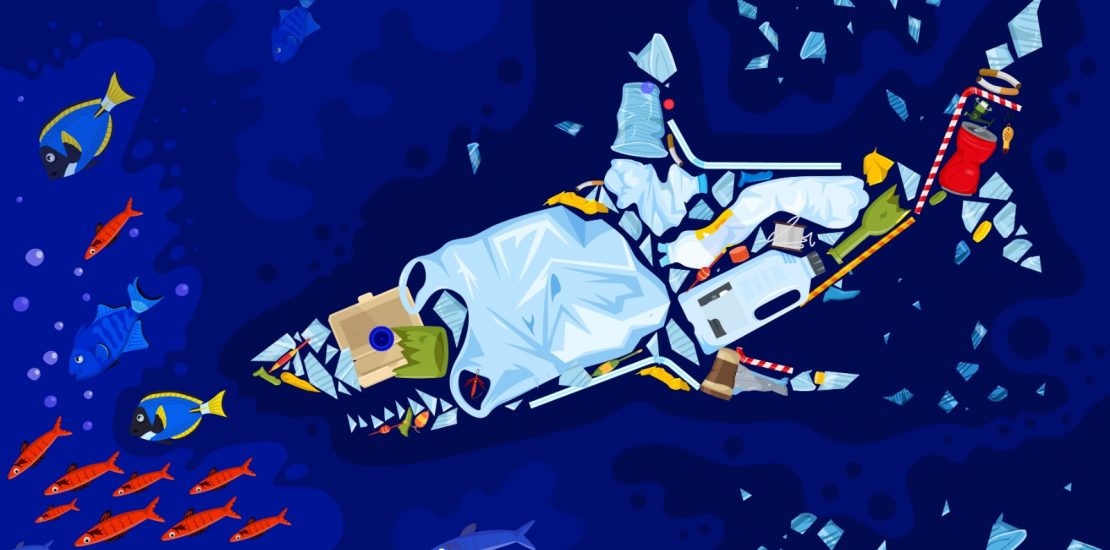Stop industrial fishing of maldivian sharksAbbracciare la complessità per un domani più sostenibile.
- 12 April 2021
- Posted by: Competere
- Categories: highlights, News, SUSTAINABLE NUTRITION

The overexploitation of fisheries is one of the main factors putting biodiversity at risk. Recourse to fishing even in protected and guaranteed areas risks to violent affect entire ecosystems and, in particular, some animal species. The Maldives shark is one of these and the recent Government intention to return to legislation prior to 2010 – the year in which hunting was banned – could permanently ruin the Maldivian marine environment.
THE RETURN OF SHARK FISHING
The economic effects of the pandemic were also felt in the small republic of the Maldives. For the group of islands in the Indian Ocean, the main source of income has always been tourism, the sector most affected by the pandemic. If, on the one hand, the temporary stop of the tourist machine has meant that even in the Maldives nature regained possession of its spaces, on the other, the pandemic has showed up all the economic fragility of the small Maldivian republic, whose GDP is largely connected to tourism.
Maldivian Minister of Fisheries Zaha Waheed has expressed the desire to reopen to shark fishing, as it was before 2010, to amortize the losses due to the pandemic. All this took place immediately after the discovery of several sharks killed and still hanging from hooks in a protected marine area, Fish Head, an underwater pinnacle of indescribable beauty where encounters with sharks were at the order of the day. Within days, the dive site became a ghost site and shark sightings became much rarer.
IT IS IMPORTANT TO DEFEND THIS SPECIES
We never expected that such a proposal could come from the government of Anni Nasheed, also known as “The Island President” – from the documentary in which he fights for the defense of the environment, and even of sharks. The current Maldivian Minister of Fisheries Zaha Waheed has proposed a return to shark fishing. In 2008 Nasheed was elected President of the Maldives and became known to the public for organizing the first underwater cabinet meeting to highlight the problem of global warming. The proposal of the minister of fisheries has aroused indignation among the whole world diving community. It is unacceptable just to think that we can create an economy by killing creatures that have not only been living in the oceans long before man set foot on Earth but that have already suffered a drastic drop in population. It is estimated that in the last 30 years the population of these fish has dropped by more than 70% due to the demand for shark fin, but also for their cartilage, liver oil, not to mention the thousands of sharks that every day they are victims of catch and ghost nets: deadly traps that move disseminated in the oceans.
STARTING BACK SOON WITH TOURISM
We are therefore wondering what we can do to prevent the Maldivian government from approving this unacceptable request. It is evident that we have no decision-making power but we can express our opposition to industrial shark fishing through the numerous petitions published on social networks in recent days and, above all, we must continue to support (as soon as it will be possible to set free) the Maldivian population through the tourism, diving trips so that the Maldives return to their flourishing splendor.
We do not abandon sharks and we try, with our collective efforts, to create sustainability for our seas and oceans depraded, emptied and battered by years and years of intensive fishing that is bringing the world fish population to its knees.
An Océano without sharks is an Océano without Life.
Bio of the author
Capanna Piscè Jessica, born in 1988, in Abruzzo, Pineto (TE). She earned her professional diving license in 2010 and 2011 as an instructor. She worked in the Red Sea, where she trained as a scuba diver. She has been living in the Maldives since 2014, doing most of her dives here (around 8000).
